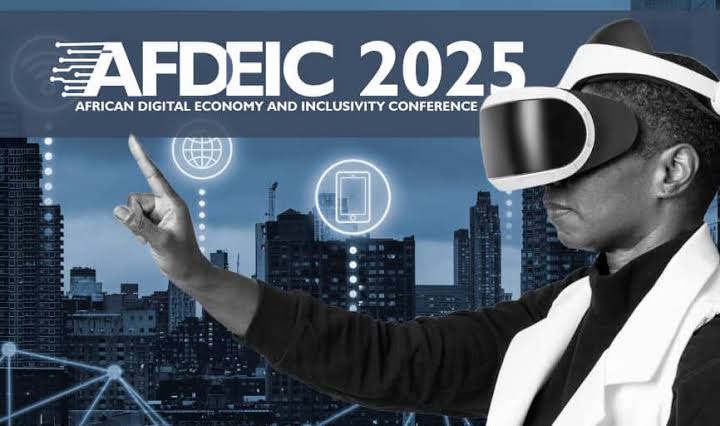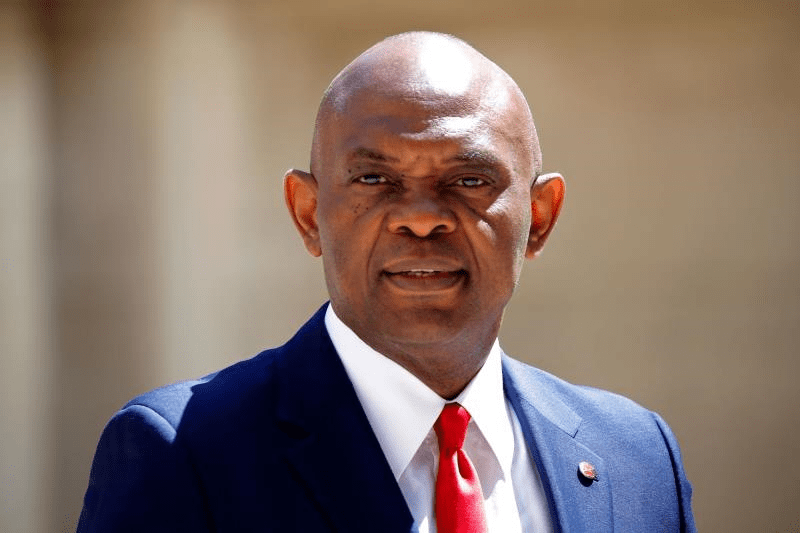…Workers allege inducement
A growing controversy involving the National Media Commission (NMC) and the Ghana Broadcasting Corporation (GBC), has prompted widespread calls for accountability, amid allegations of improper financial inducements and conflicts of interest that threaten to undermine the credibility of both institutions.
At the centre of the row, is the NMC’s decision to renew the contract of GBC’s Director-General, Prof Amin Alhassan, despite his tenure officially ending on October 1, 2023. This move has drawn criticism, following revelations that members of the NMC received payments for activities many argue fall outside the Commission’s constitutional remit.
Article 167 of Ghana’s 1992 Constitution outlines the NMC’s responsibilities, including protecting media freedom, enforcing high journalistic standards, safeguarding state-owned media from government interference, and regulating newspaper registrations without impinging on editorial independence.
Notably absent from this mandate is any authority to monitor state media outlets, such as GBC, or to receive funds from them for nationwide installation visits.
Nevertheless, documents indicate that, GBC made multiple payments to NMC members between January and February 2024, ostensibly to facilitate tours of its regional installations.
The GBC Workers’ Union, has raised serious concerns about these transactions, asserting that they may have influenced the NMC’s robust defence of Prof. Alhassan’s reappointment in February 2024, despite the lapse of his initial term.
In a nine-page petition to the NMC, the workers accused Prof Alhassan of maladministration, autocratic leadership, financial irregularities, and neglect of GBC’s core functions.
They claim that their concerns were dismissed and his appointment renewed—triggering discontent within the state broadcaster.
Documents obtained by The Herald, raise further questions about the nature of some financial payments, suggesting that certain NMC officials, may have received inducements in the form of travel, accommodation, and per diem allowances.
According to the records, GH¢52,973.76, was disbursed—an amount critics argue may have been used to secure support for Professor Alhassan’s continued leadership.
Among the most significant recipients is the former NMC Board Chairman, Yaw Boadu Ayeboafo, who reportedly received approximately GH¢48,493.48 in 2024.
These funds were designated for extensive regional tours across Ghana—including the Upper West, Upper East, North East, Central, Western, Greater Accra, Eastern, Volta, Oti, Savannah, and Northern Regions—as per diem payments for inspection visits to GBC installations. Additional trips followed, each accompanied by further disbursements.
Detailed financial breakdowns, reveal that on January 4, 2024, GH¢13,000.00, was advanced to Mr Ayeboafo, as an imprest for accommodation and fuel ahead of a national tour from 7–14 January, covering installations in the Upper West, Savannah, Upper East, North East, and Northern Regions.
On the same day, he received two separate per diem payments of GH¢11,293.38, each for subsequent tour phases. These journeys took place from 7–14 January and 15–22 January, extending into the Eastern, Volta, Oti, and Northern Regions.
Further scrutiny, shows another payment of GH¢12,906.72, was made to Mr Ayeboafo on 4 January 2025 for the final leg of the tour, conducted between 29–30 January and 4–9 February 2025, across the Western North, Central, Western, and Greater Accra Regions.
Also named among those who received funds is Alexander Bannerman, who was paid GH¢4,480.00 on 11 January 2024.
This amount covered per diem costs for a tour of GBC’s installations in Western North, Central, Western, and Greater Accra Regions between 29–30 January and 4–9 February 2024.
Though these payments were officially classified as administrative and operational expenses, their timing and magnitude, have raised suspicions of financial impropriety and poor governance within the NMC.
Crucially, Professor Alhassan himself, signed off on all payment approvals during the interim period after his contract had elapsed, but prior to its formal renewal, raising questions about procedural irregularities.
The situation highlights a disturbing blurring of lines. As the regulatory body tasked with shielding GBC from undue influence, the NMC’s acceptance of funds from the broadcaster presents a serious conflict of interest and undermines its independence.
Critics argue that such financial transactions could politicise the Commission, which is constitutionally mandated to act as a neutral guardian of media ethics.
Moreover, the alignment of these payments with the timing of Professor Alhassan’s reappointment, has fuelled speculation of a quid pro quo arrangement.
Unapproved payments may contravene Ghana’s Public Procurement Act and anti-corruption statutes, especially if standard procurement procedures or disclosure obligations were bypassed.
The opacity surrounding the purpose and authorisation of these funds, has further strained public confidence, prompting calls for the Auditor-General or the Commission on Human Rights and Administrative Justice (CHRAJ) to investigate possible wrongdoing.
The ramifications go beyond potential financial misconduct. The GBC Workers’ Union, warns that if the NMC is perceived as compromised, its capacity to hold GBC and other media houses to account will be seriously weakened—jeopardising Ghana’s broader media regulatory framework.
This case echoes previous scandals in which state institutions were subjected to audits and reforms after misusing public resources, underscoring the urgent need for proactive and transparent oversight mechanisms.
Maintaining the integrity of regulatory bodies, demands strict adherence to legal mandates, openness in financial dealings, and a clear separation from conflicts of interest.
Absent decisive corrective measures, the credibility of the NMC and GBC—and, by extension, public trust in Ghana’s media landscape—hangs in the balance.
The unionised staff of GBC, have issued a firm call for the immediate removal of the former Director-General, Prof. Alhassan, while urging the NMC to initiate a forensic investigation into the Corporation’s financial dealings during his tenure.
In a strongly worded petition addressed to the NMC, the workers expressed dismay at the decision to retain Prof. Alhassan in office, despite his contract expiration on October 1, 2023.
“The former Director-General of GBC is simply out of tune with the aspirations of both workers and the Corporation,” the petition stated.
“Therefore, we humbly and respectfully but resolutely demand that his contract should not be extended.”
The staff questioned the rationale behind the NMC’s decision to allow Prof Alhassan to continue in his role, despite widespread dissatisfaction and the official end of his tenure.
“Unfortunately, although the tenure of the Director-General ended on 1 October 2023, the NMC still finds it convenient to allow him to remain in office. Workers of GBC want to know if NMC’s decision is inspired by something we are not aware of.”
The petitioners acknowledged the critical role of the state broadcaster in national development and security, emphasising their commitment to peace and institutional stability.
“The unionised workers are aware and mindful of the strategic importance of the state broadcaster to national security and would not want to do anything to disturb the peace of the Corporation as well as the country,” the statement read.
“Therefore, we petition your office to conduct an immediate investigation and forensic audit of the financial dealings at GBC during the tenure of the former Director-General.”
Among the key demands listed in the petition, were a forensic audit of financial activities under Professor Alhassan’s leadership, a comprehensive probe into the application and operations of the Internally Generated Funds (IGF), including an audit of revenues and expenditures related to the 2022 FIFA World Cup; an institutional and human resource audit of the Corporation.
The workers emphasized that, failure to address these issues could risk placing GBC on the same trajectory as other once-thriving state-owned enterprises (SOEs) that have collapsed due to managerial failures and institutional negligence.
“The Ghana Broadcasting Corporation should not be allowed to suffer the fate of some of the once-thriving SOEs that were collapsed through acts and omissions, such as what we are witnessing at the GBC,” the petition warned.
“The acts and omissions are inimical to our survival as a state broadcaster.”
The petition concludes with an appeal to the NMC to act in the public interest and safeguard the integrity of the state broadcaster.
The post Cash for Contracts controversy rocks NMC’s reappointment of GBC Boss appeared first on The Herald ghana.


